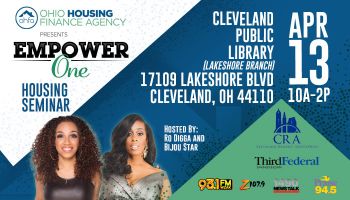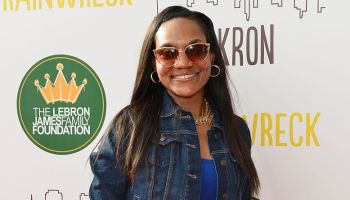What Kind of Love Are You In?
By YouBeauty.com
ThinkstockLove is a many-splendored thing. So, it’s not so unusual that the ancient Greeks had over 10 words to describe the different types of love, including eros (a combination of lust and romance) and ludus (uncommitted and playful), explains anthropologist Helen Fisher, the author of “Why We Love: The Nature and Chemistry of Romantic Love.”
What is romance? If romantic love feels almost like drug, that’s cause it kind of is. The infatuation, the butterflies, the passion-all spurred on by a little neurotransmitter in our brains known as dopamine. And, yes, dopamine is the chemical behind many of life’s highs, including drug addictions (as the joke goes, “That’s why they call it dope”).
That euphoria can last 17 months or more, according to Fisher’s research.
Dopamine also stimulates the release of testosterone, the “liquor of lust,” along with the same bonding chemicals that make us naturally protective of one another.
But it’s the quantities, timing and interactions of these big three-dopamine, testosterone and attachment chemicals-with other hormones that can trigger them to work synergistically or in opposition.
So, love surprises us. You might be in love and have no desire for sex. You might have detached satisfying hookups, only to discover you’re in love. Maybe you’re just friends and fall in love. Or, as the summer romance story goes, you fall in love and part with only fond memories. You can also feel lust for one person, attachment to another and romance with a third-all at the same time.
Then, to complicate matters, your brain’s chemical journey isn’t necessarily the same as your partner’s. “Don’t stress out about meeting ‘the one,'” says Stony Brook psychologist Arthur Aron. “There’s no scientific case for soul mates.”
Romantic love is risky: a “blissful dependency when one’s love is returned, a painful, sorrowful and often destructive craving when one’s love is spurned,” Fisher explains.
Chemistry is real. Some pairings do feel special fast. On her second date with the man that later became her husband, Leslie, a 53-year-old editor, admits she just felt he “smelled right.” He soon told her he felt the same way. “It’s so fundamental we have it inscribed in our wedding rings-‘I love your sniff.’ We have gone through some terrible fights and difficulties together, but even during our worst times, if we breathe each other in, we reconnect. We both work at home, I sometimes have to be careful to keep a little physical distance, because if we smell each other, we might end up in bed. We’ve been married six years, together seven, and we probably make love on average 10 times a week.” Wow.
But there may be something to this. It’s said that scent alerts one’s consciousness to the best mates for baby-making. Among the genes controlling the immune system are a group called the major histocompatibility complex (MHC). Our bodies look for MHC that’s dissimilar to our own in an ideal partner.
In one study, when 49 women took a whiff of six different men’s two-day-old T-shirts, the ones they preferred most had MHC that was unlike their own. Women taking the pill were the exception, the study found. Men’s saliva may also contain traces of testosterone, which can increase the sex drive in a woman, suggesting that kissing is kind of a catalyst for sexual chemistry.
THIS STUDY, EXPLAINED: Fertile Women Can Sniff Out Attractive Men
“It’s probably happened to me three times in my life,” says Mary, a 55-year-old website designer. “Your heart skips a beat, and they smell nice and you can’t keep your hands off of them. One man was short, fat, bald and a slow runner-but boy, I could not keep away from him.” For the last two years, Mary has been dating a man with whom she had terrific chemistry in high school. “Thirty-five years later, I saw him and I thought, it’s still there.”
Romance isn’t necessary. Ideal chemistry isn’t the only hallmark of a good, lasting sexual relationship, psychologists say. “Those who are intensely in love from the outset are only slightly more likely to have a good relationship,” says Aron. “Talk to anyone in India, where arranged marriages are the norm, and they’ll tell you it’s possible to grow to love someone.”
Psychologist Robert Epstein, a former editor-in-chief of “Psychology Today,” argues that “almost any two people who feel at least some attraction for each other and who don’t have too many deal breakers can work together to build psychological, romantic and physical intimacy that will get stronger over time.”
Aron says that couples can succeed if they communicate well, are in reasonable mental health and not under too much stress. Happiness is important at the beginning of marriage, but communication is key to being able to maintain that happiness over time, he explains. Arons’ research pinpoints boredom, not lack of chemistry, as a marriage killer. To keep things exciting, keep doing new, fun and unexpected things together, he says.















